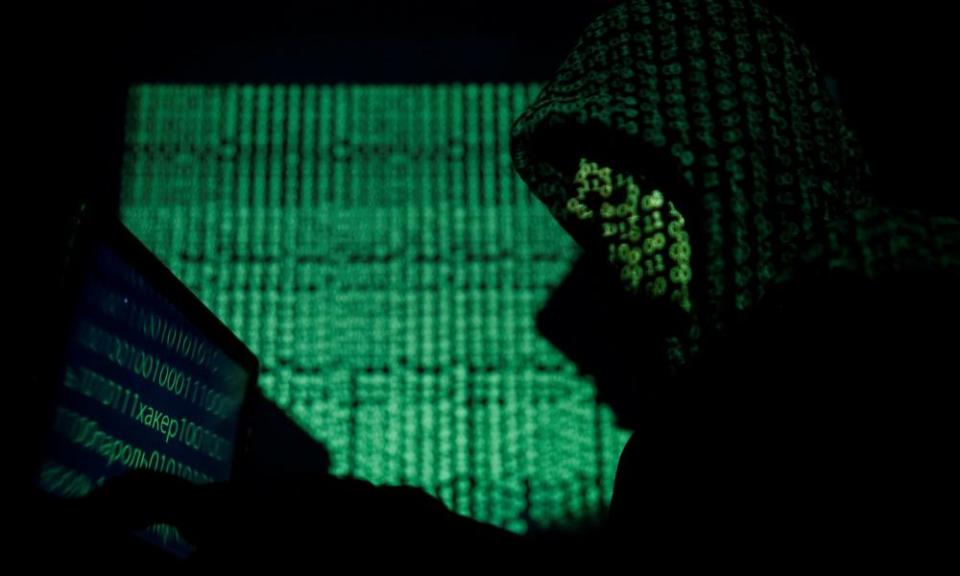From Doctor Who to hackers: how we came to live in 'cyber' times

The UK government has announced it will splosh billions of pounds more on the Ministry of Defence, which does not defend citizens from viruses. This money will be used to create a “Cyber Force” and a “Space Command”, which sounds as though someone thought it a jolly wheeze to doubly imitate Donald Trump’s “Space Force”.
Related: UK unveils National Cyber Force of hackers to target foes digitally
“Cyber” is already long dated as a futuristic term: tech-utopians welcomed a “cyber age” in the mid-1990s, while William Gibson coined “cyberspace” back in his 1982 short story “Burning Chrome”. The Cybermen first bothered William Hartnell’s Doctor Who in 1966, while the Wall Street Journal greeted the invention of the revolutionary Cybertron computer in 1961.
This can all be laid at the door of the American mathematician Norbert Wiener, who coined the term “cybernetics” in his 1948 book of that name about “control and communication” in animals and machines. He was simply Englishing the ancient Greek word for “helmsman”, from the verb “kubernan”, “to steer” – which is also the root of our word “govern”. So, in a way, all politics is cyber, though the direction of travel may be uncertain when someone is asleep at the helm of a rudderless ship.
• Steven Poole’s A Word for Every Day of the Year is published by Quercus

 Yahoo Movies
Yahoo Movies 